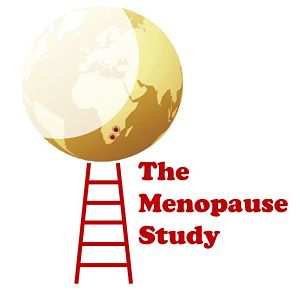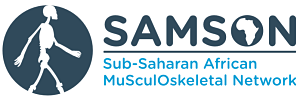Understanding the impact of HIV infection and its treatment on the effect menopause has on the musculoskeletal health of African women
The Menopause Study
Funder: University of Bristol QR GCRF Funding
Amount: £197,182.69
PI: Prof Celia Gregson (Bristol)
Co-investigators
Prof Rashida Ferrand, Biomedical Research and Training Institute, Zimbabwe
A/Prof Lisa Micklesfield, University of the Witwatersrand, South Africa
University of Bristol Partners:
Prof Rachael Gooberman-Hill, Bristol Medical School, Faculty of Health Sciences
Prof Kate Robson-Brown, Archaeology and Anthropology, School of Arts
Rhiannon Wilson, Policy Bristol Associate, Research and Enterprise Development
External Partners:
Ms Cynthia Mukwasi-Kahari, Biomedical Research and Training Institute, Zimbabwe
Dr Mícheál Ó Breasail, MRC Nutrition and Bone Health Research Group, Cambridge, UK
A/Prof Kate Ward, MRC Lifecourse Epidemiology Unit, University of Southampton, UK and MRC The Gambia
Dates: Oct 2019-July 2021
Summary
The scale-up of antiretroviral treatment has dramatically improved survival, such that across Africa, increasing numbers of women with chronic HIV are now reaching the menopause and beyond. The menopause is a period of metabolic change with effects on the skeleton associated with increased fracture risk. Research has seldom focused on African woman at this stage of life. This is a mixed-methods study.
We are investigating whether HIV infection and its treatments worsen menopausal bone loss, and whether good viral suppression, achieved through antiretroviral treatment (ART), attenuates this HIV effect. We are examining whether certain ARTs, eg. tenofovir, may have more detrimental effects on bone mass and architecture, and if HIV infection is associated with earlier menopause. We further wish to understand women’s opinions about menopause and their experiences of menopause and associated health, and to identify unmet needs, for example in knowledge, understanding and/or health care provision. Understanding both patterns of bone loss and women’s opinions about menopause in the context of HIV infection will help inform future interventions and guidelines.
The study has three work packages:
Workpackage 1: Qualitative Study in Harare and Soweto
We will interview women at different stages of menopause to understand country-specific contexts and women’s priorities at this stage in life.
Workpackage 2: Longitudinal analysis
We will analyse data already collected from 450 women followed-up over a 4-year period in Soweto, Johannesburg, to determine changes in bone density through menopausal transition and how this is influenced by the presence of HIV infection.
Workpackage 3: Cross-sectional study
We will collect new data from 380 pre-, peri- and post-menopausal women living in Harare. Each will complete detailed questionnaires and undergo musculoskeletal evaluation by DXA and pQCT measurement of bone and muscle mass, as well as assessment of muscle function and physical performance.
This body of work will involve team training and build musculoskeletal research capability in these areas, and expand the Sub-Saharan African MuSculOskeletal Network (SAMSON).


.jpg)
_opt.png)